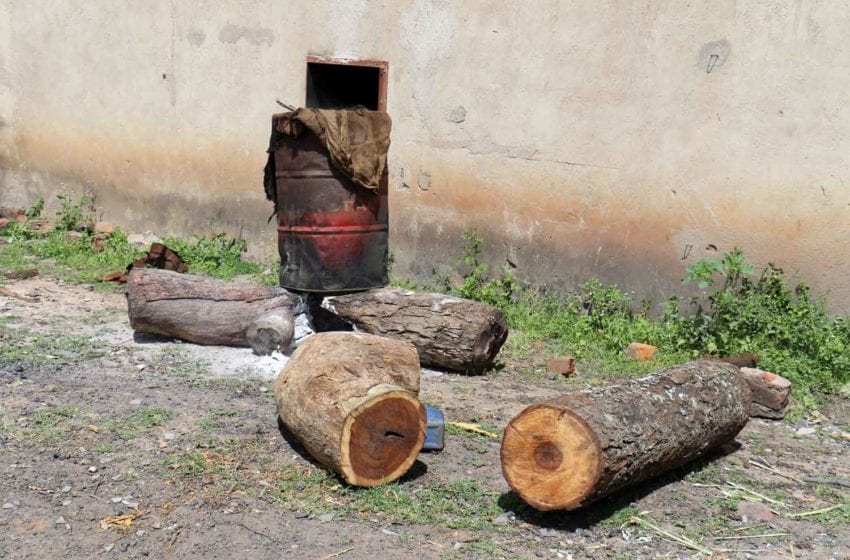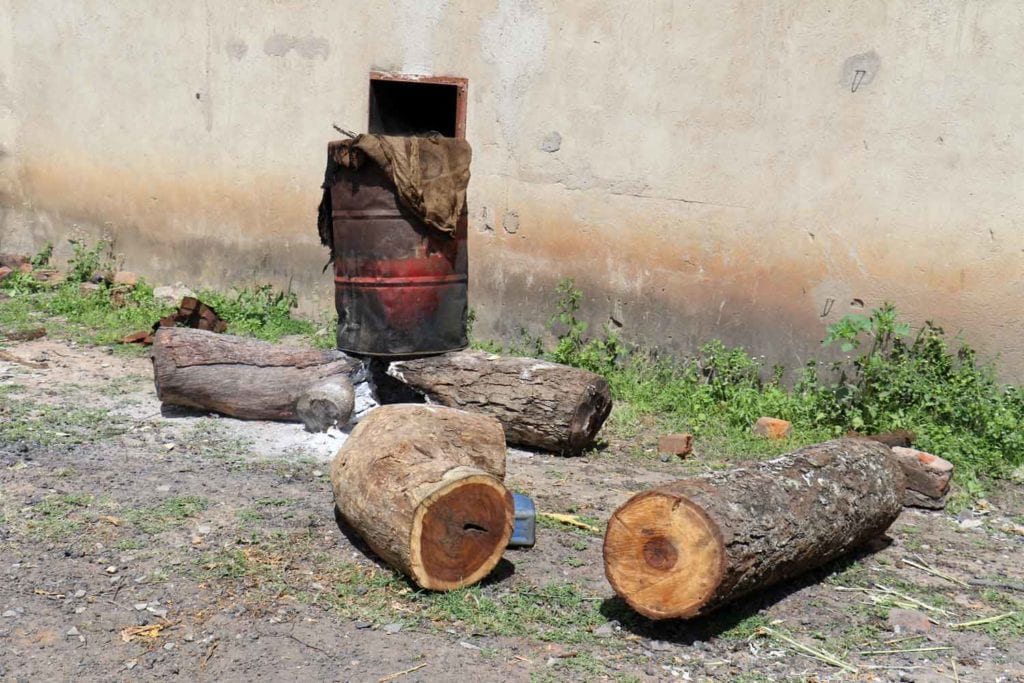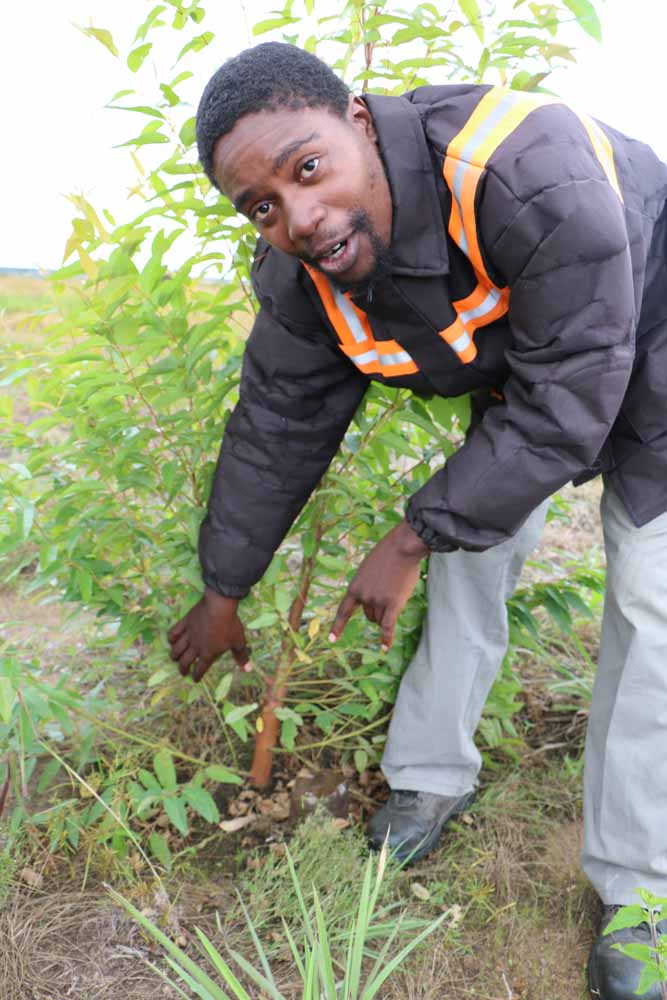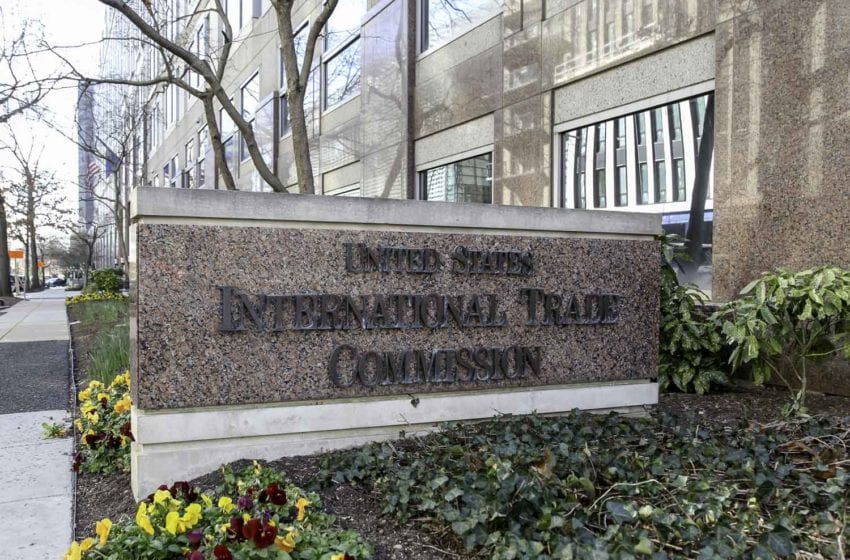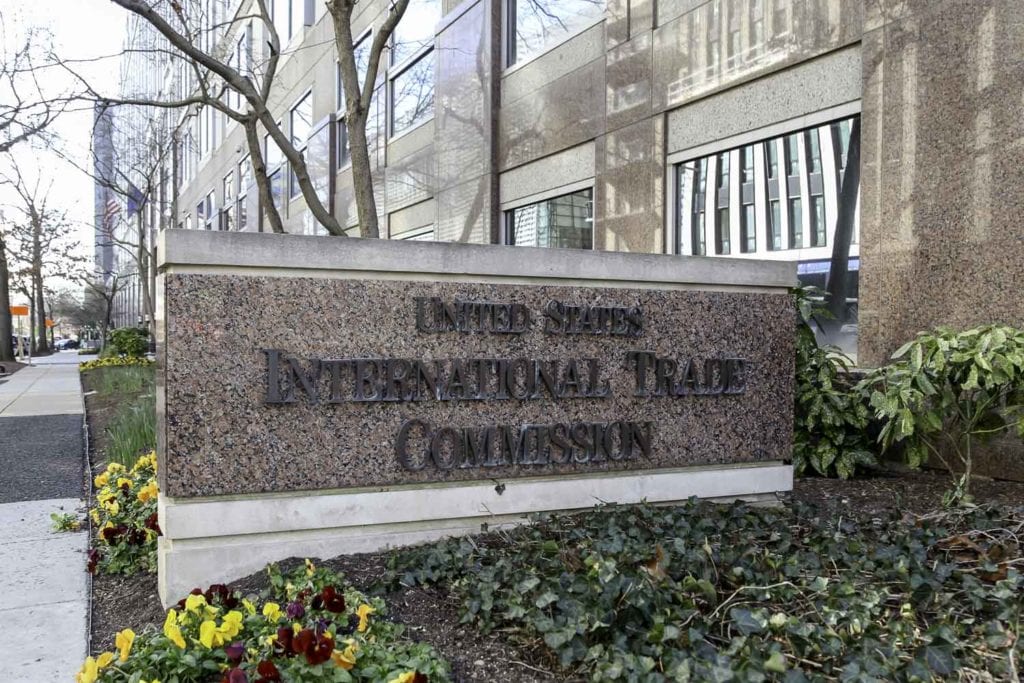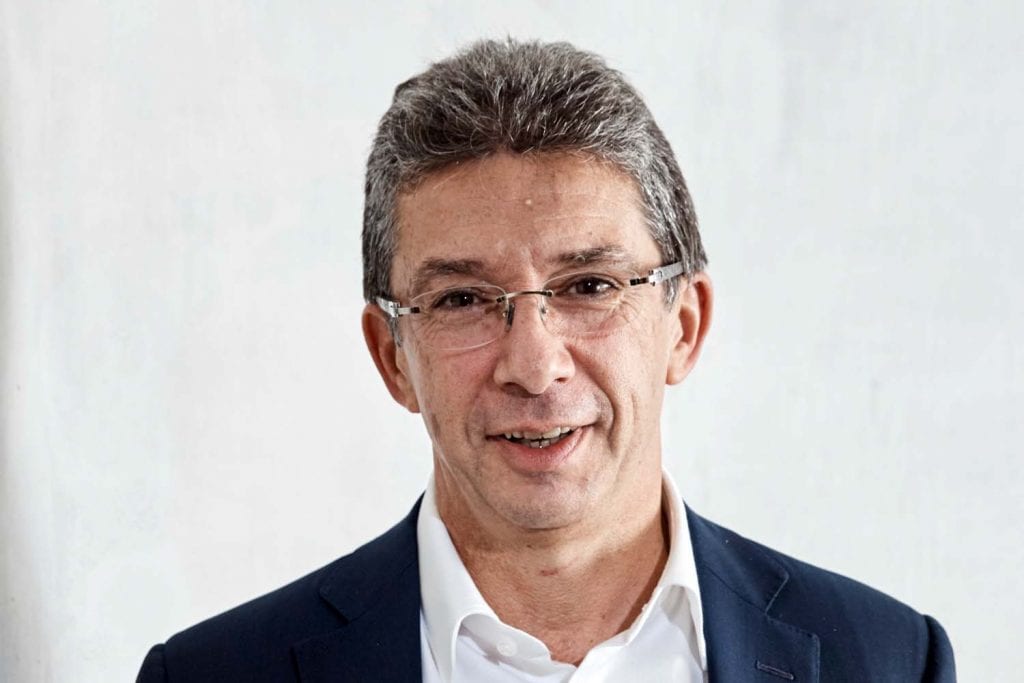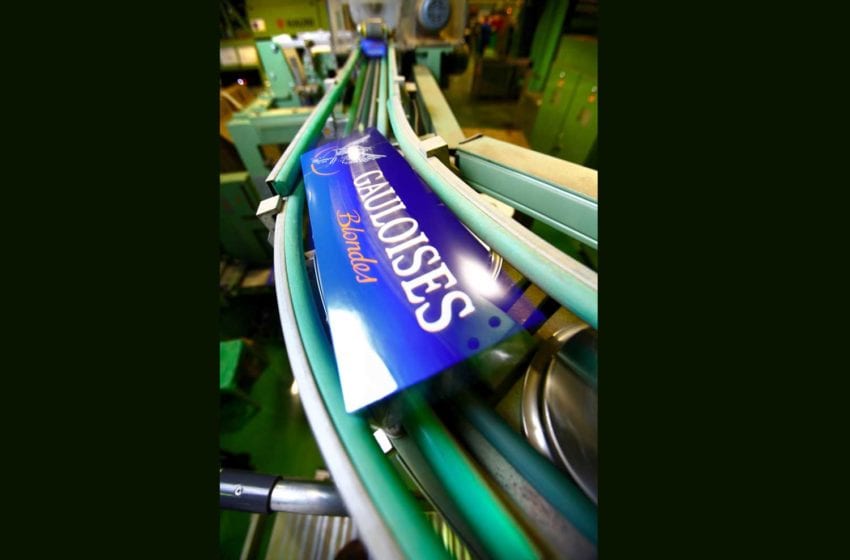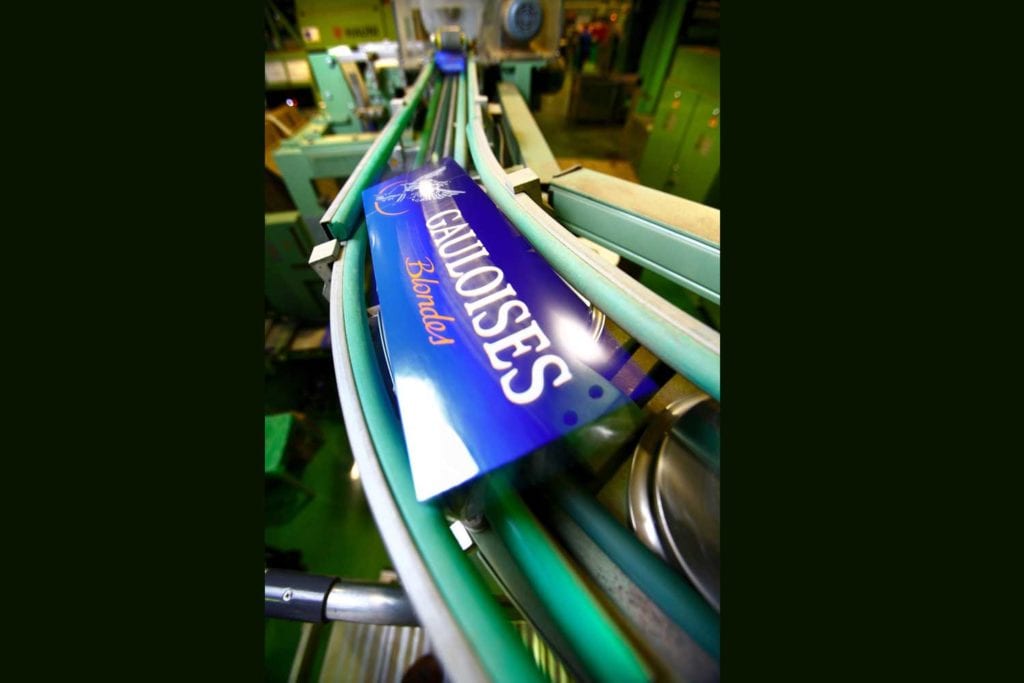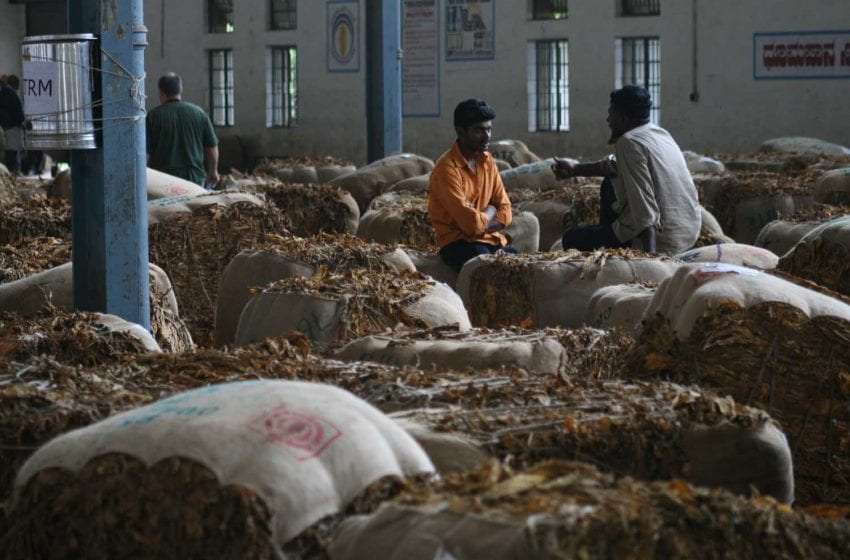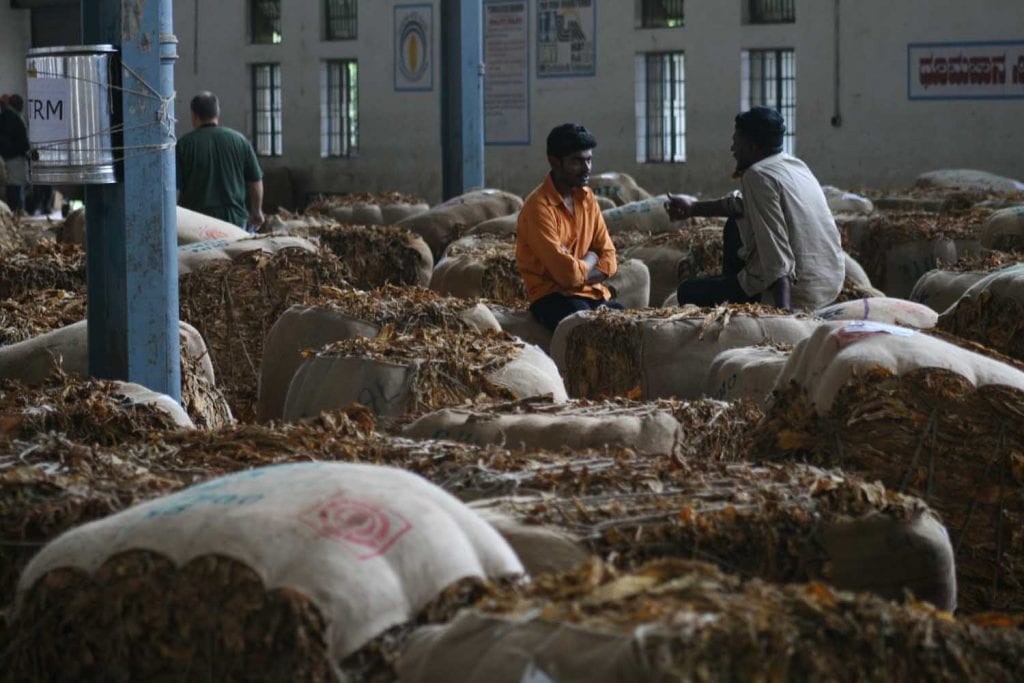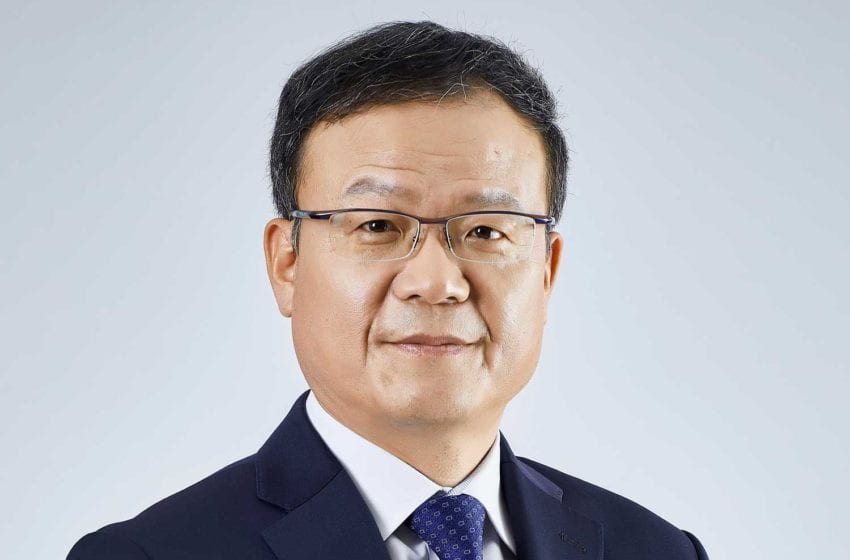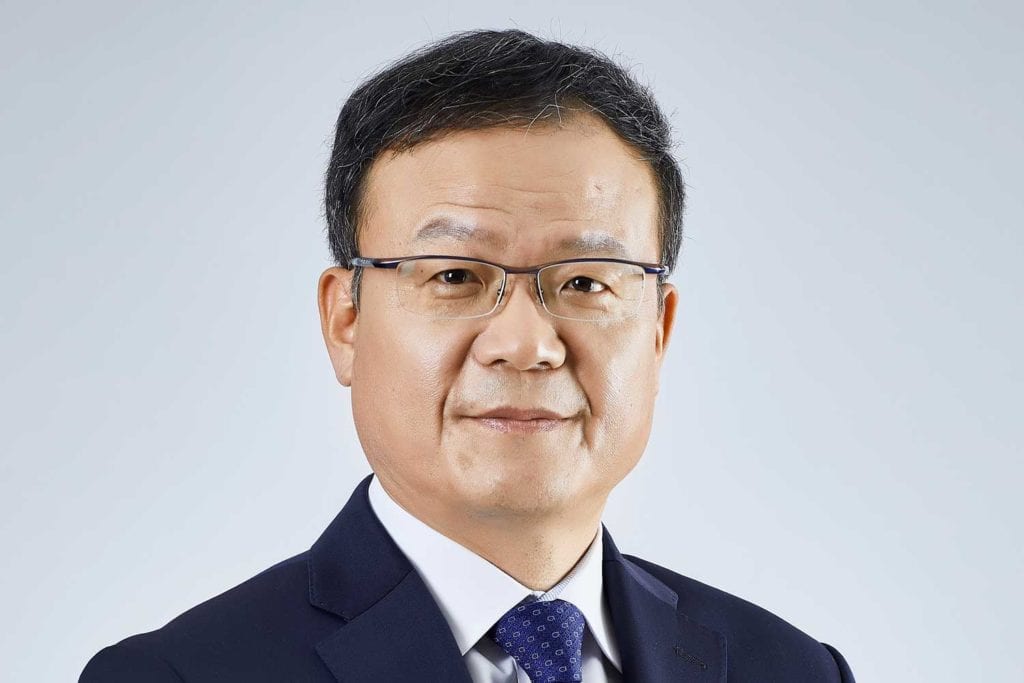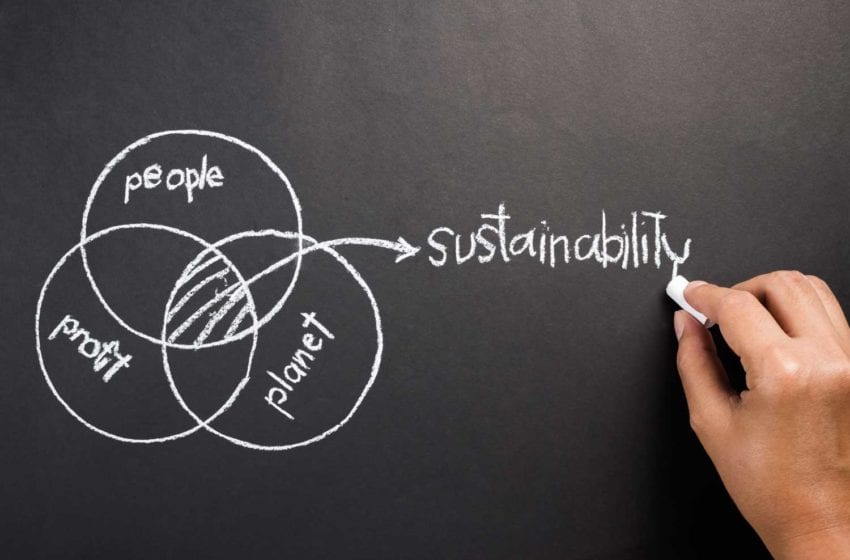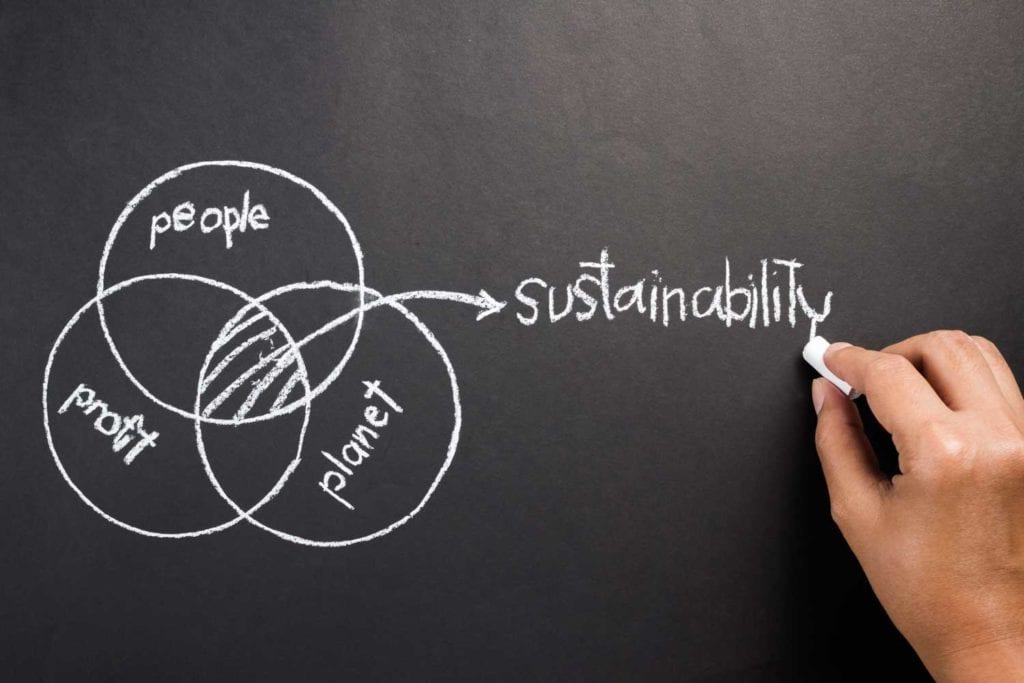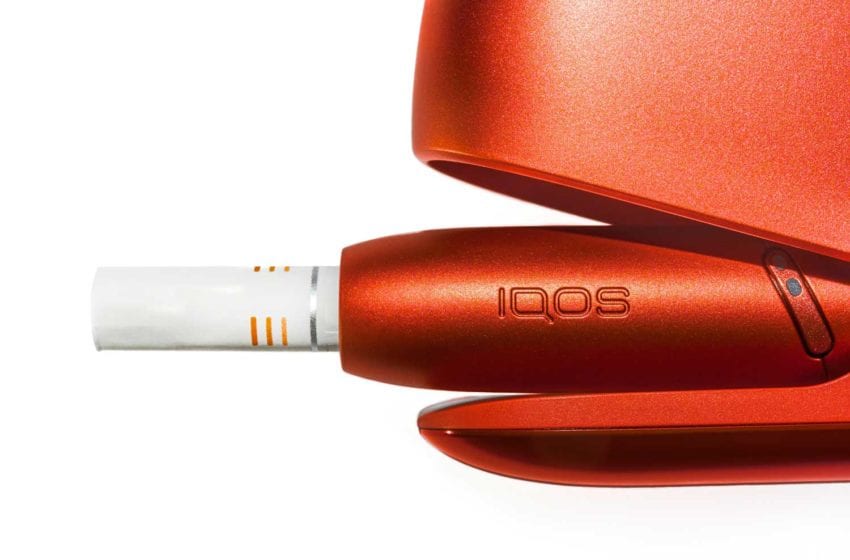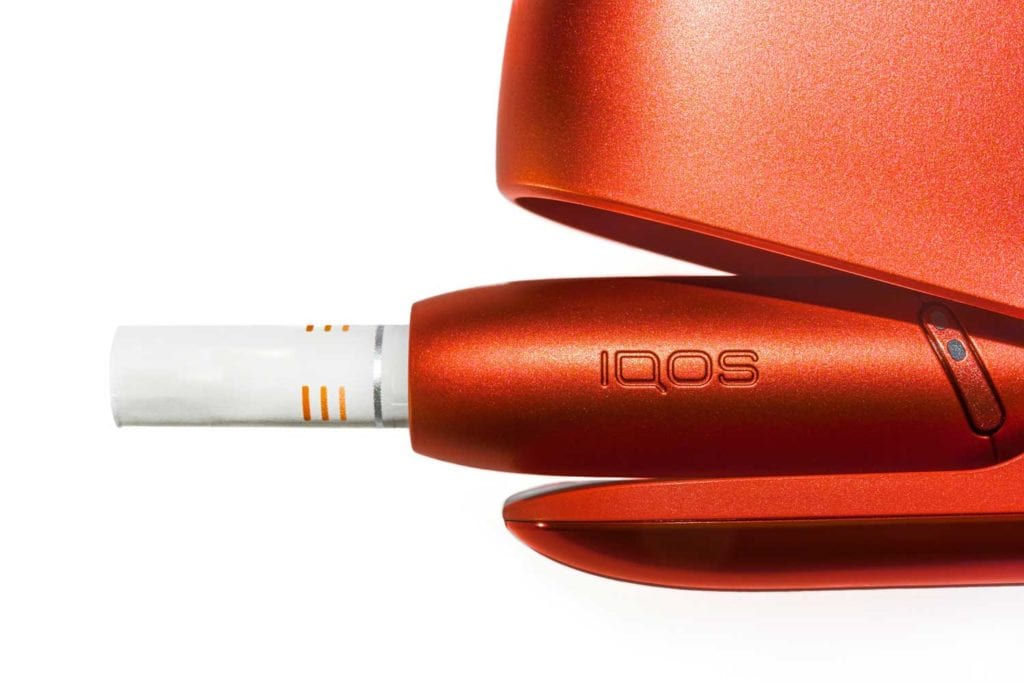
Despite recent gains by Iranian Tobacco Co. (ITC), multinationals continue to dominate the Iranian cigarette market, according to a report by PressTV, citing ITC CEO Siavash Afzali.
Speaking at a press briefing on May 17, Afzali said that Japan Tobacco International (JTI) and British American Tobacco (BAT) control more than 61 percent of sales and some 70 percent of the value of the cigarette market in Iran. Afzali estimated that JTI and BAT supplied 46 billion cigarettes to Iranian consumers in the calendar year to late March.
Afzali said ITC’s share of the market was around 9 billion over the same period against an estimated supply of 20 billion cigarettes that entered the market by traffickers.
In the year to March, ITC increased its cigarettes sales in Iran by 50 percent. Its output and market share increased by 23 percent and 70 percent, respectively, over the same period.
However, the company is responsible for only 5 percent of the value of the cigarettes sold in Iran, a market that is believed to be worth around IRR400 trillion ($1.74 billion).
Afzali said that ITC could triple its output to 25 billion cigarettes per year, although he insisted that existing laws favor local manufacturing by foreign brands.
“Foreign companies easily import raw material and control the market,” he said. But ITC generates more local employment than the multinationals, Afzali insisted. Including farmers, ITC employs 12,000 people—far more than JTI and BAT, according to the CEO.


